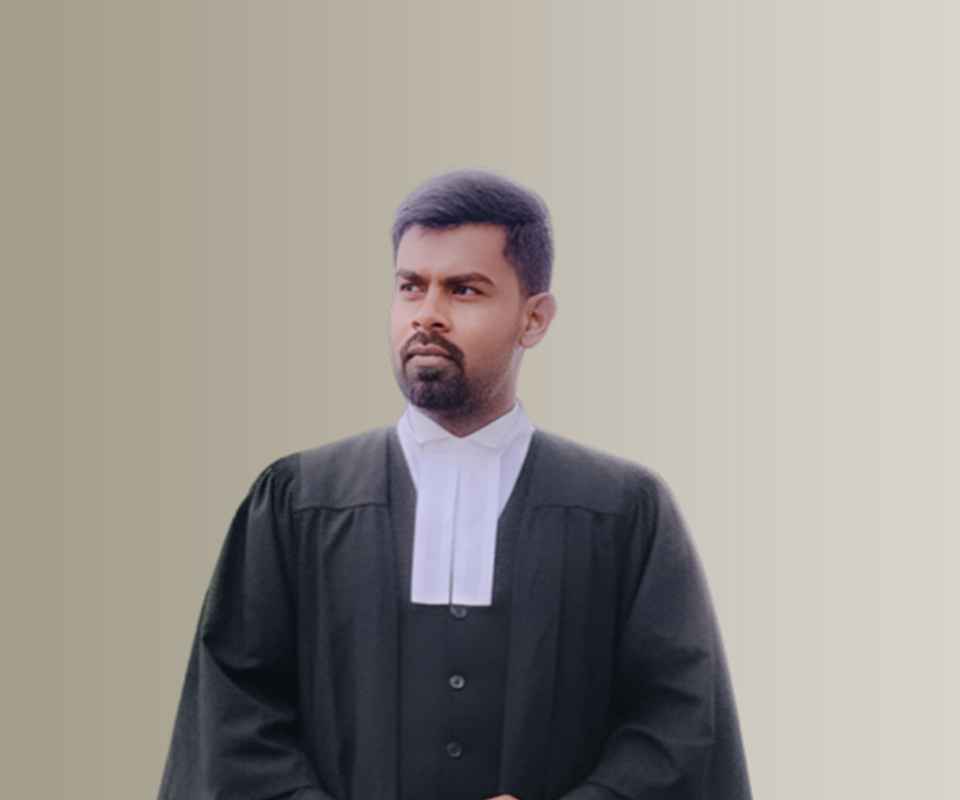Answer By law4u team
Constitution Of India Article 148: Comptroller and Auditor-General of India
(1) There shall be a Comptroller and Auditor-General of India who shall be appointed by the President by warrant under his hand and seal and shall only be removed from office in like manner and on the like grounds as a Judge of the Supreme Court.
(2) Every person appointed to be the Comptroller and Auditor-General of India shall, before he enters upon his office, make and subscribe before the President, or some person appointed in that behalf by him, an oath or affirmation according to the form set out for the purpose in the Third Schedule.
(3) The salary and other conditions of service of the Comptroller and Auditor-General shall be such as may be determined by Parliament by law and, until they are so determined, shall be as specified in the Second Schedule: Provided that neither the salary of a Comptroller and Auditor-General nor his rights in respect of leave of absence, pension or age of retirement shall be varied to his disadvantage after his appointment.
(4) The Comptroller and Auditor-General shall not be eligible for further office either under the Government of India or under the Government of any State after he has ceased to hold his office.
(5) Subject to the provisions of this Constitution and of any law made by Parliament, the conditions of service of persons serving in the Indian Audit and Accounts Department and the administrative powers of the Comptroller and Auditor-General shall be such as may be prescribed by rules made by the President after consultation with the Comptroller and Auditor-General.
(6) The administrative expenses of the office of the Comptroller and Auditor-General, including all salaries, allowances and pensions payable to or in respect of persons serving in that office, shall be charged upon the Consolidated Fund of India.
Brief Detail
Article 148 establishes the office of the Comptroller and Auditor-General of India (CAG) and outlines the conditions of service, appointment, and removal. The CAG is appointed by the President and has the same removal procedure as a Judge of the Supreme Court. The salary and conditions of service are to be decided by Parliament, and the administrative expenses are charged to the Consolidated Fund of India.
Question & Answers
What are the key functions of the Comptroller and Auditor-General of India?
The Comptroller and Auditor-General of India is responsible for auditing the accounts of the Union and State governments, ensuring accountability in the use of public funds. They report to the President of India on these audits.
How is the Comptroller and Auditor-General appointed?
The Comptroller and Auditor-General of India is appointed by the President through a warrant under his hand and seal. The person appointed must take an oath or affirmation before assuming office.
Example
For example, if there is any audit regarding the financial transparency of government spending, the Comptroller and Auditor-General would lead the auditing process and provide a report to the President of India.
Summary
Article 148 defines the establishment, responsibilities, and appointment conditions for the Comptroller and Auditor-General of India, emphasizing the importance of independence and integrity in auditing public finances. The article ensures that the officeholder has constitutional protection and sets clear boundaries for post-office employment and benefits.







